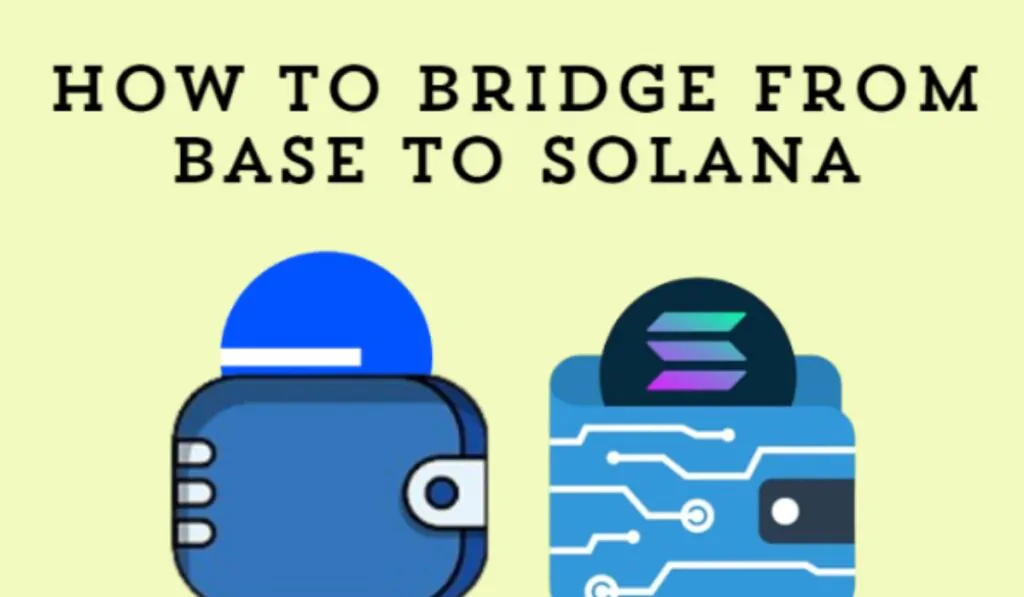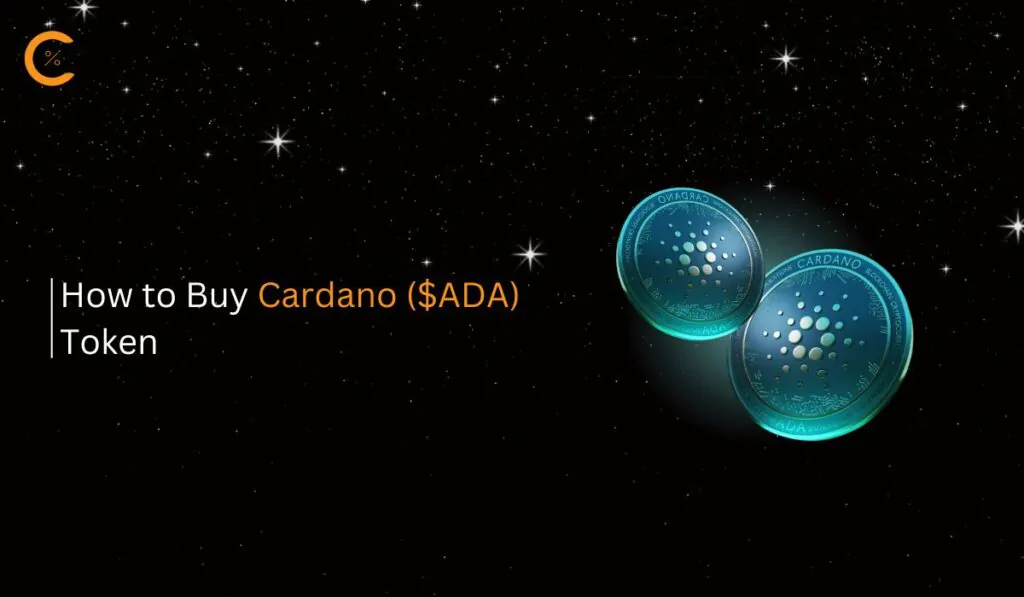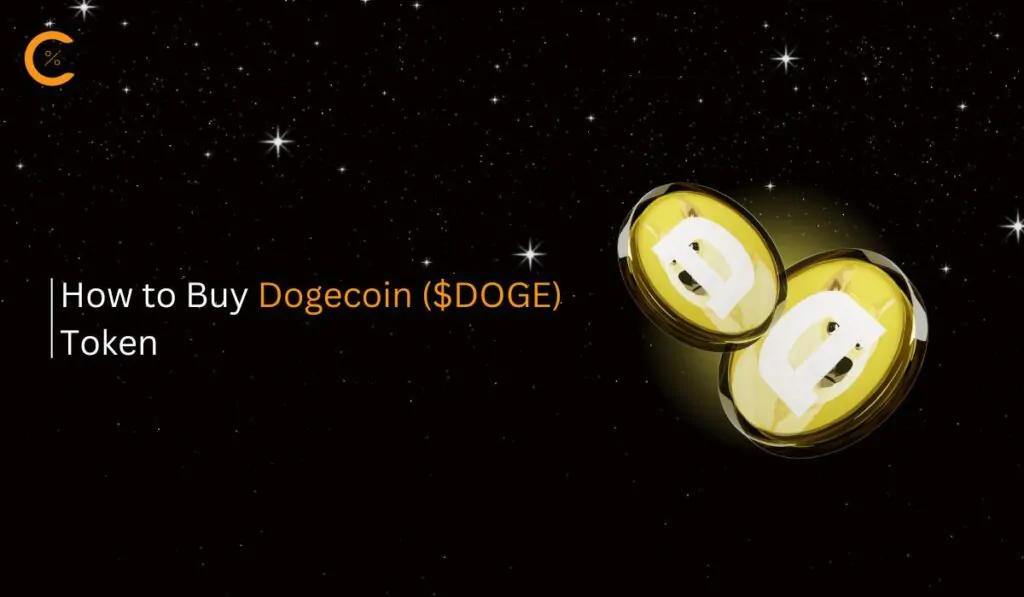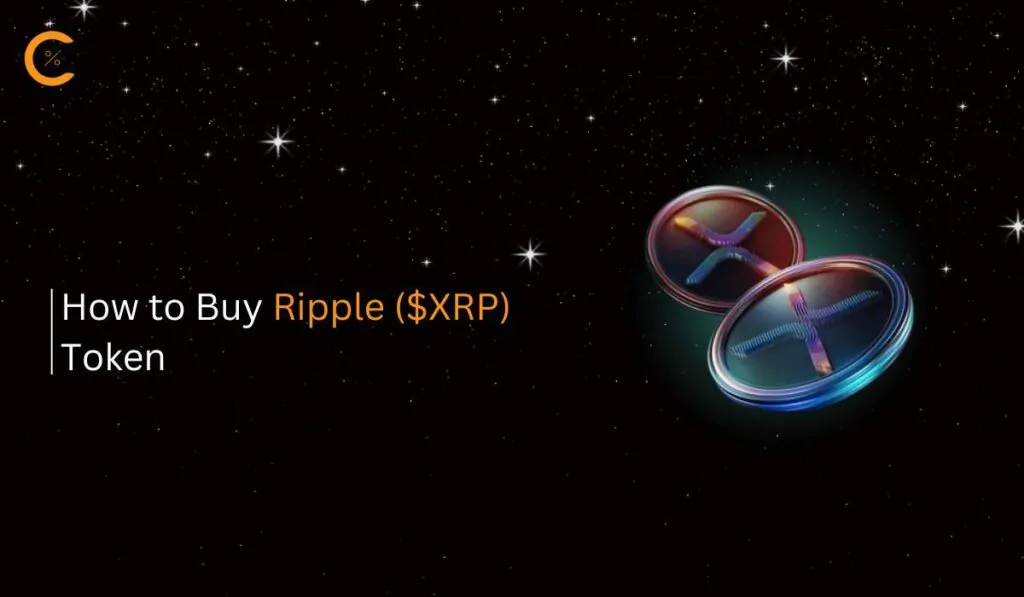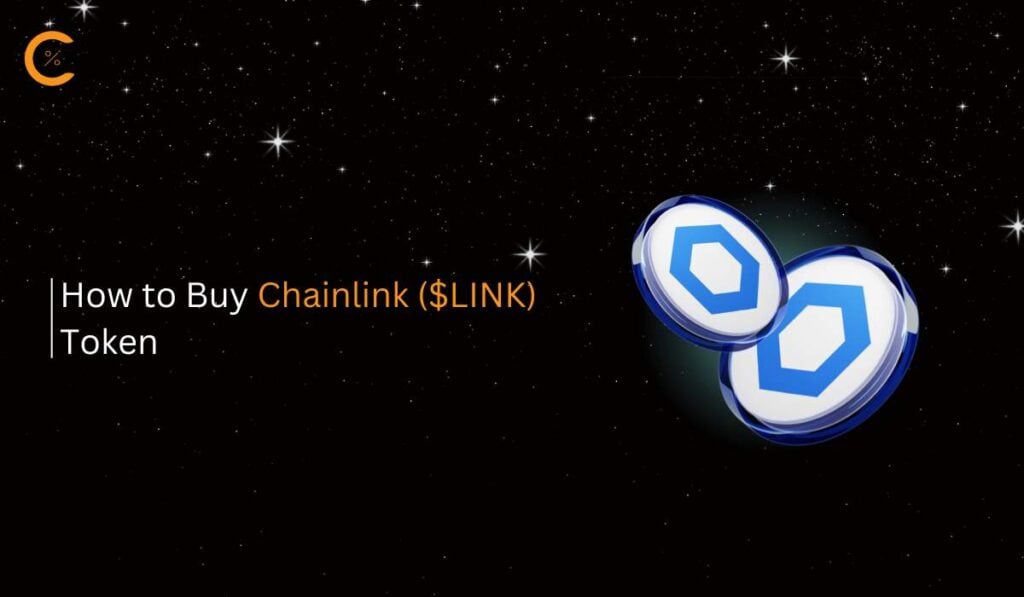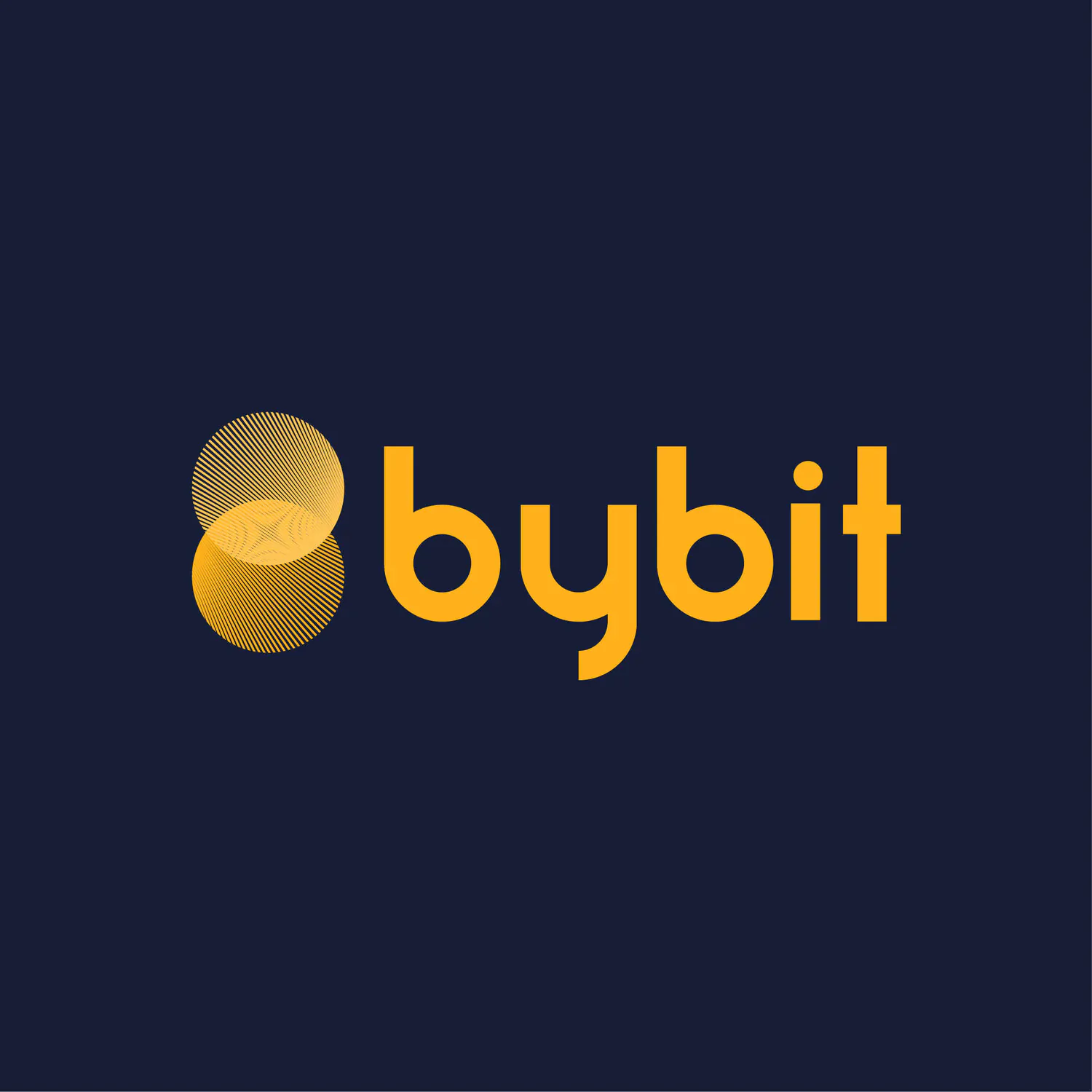As a crypto user, the need to move assets from one blockchain to another is sometimes crucial. Let’s say a fantastic NFT project has launched on the Solana Blockchain. However, bridging from Base to Solana can be a bit overwhelming for new users. In this guide, we will explore the intricacies of bridging between blockchains and provide solutions to easily bridge from Base to Solana.
Can I Bridge from Base to Solana?
Transferring assets from Base to Solana, commonly referred to as bridging, is not only possible but straightforward. You can utilize a cross-chain bridge platform like Portal Bridge or opt for a bridge aggregator such as Rango Exchange or MetaMask Bridge to facilitate your transaction. These platforms simplify the process of swapping assets between chains. However, it’s important to note that each cross-chain transfer incurs fees, which can differ based on the bridge you select. Additionally, consider factors like transaction speed and network congestion, as these can also impact your overall experience.
Important: It’s important to note that phishing scams and fraud are common when using untrusted bridges or fake websites. Connecting your wallet to these can lead to bad actors wiping out your funds.
How to Bridge from Base to Solana
To bridge from Base to Solana, we will use a cross-chain bridge called Portal Bridge and also explore Rango Exchange, a bridge aggregator.
Using Cross Chain Bridge
The cross-chain bridge we’ll be exploring is the Wormhole Portal bridge, which enables the transfer of assets from Base to Solana. This bridge operates by leveraging a network of validator nodes, known as Guardians, to facilitate the cross-chain transactions.
Here’s how it works: When you want to move your assets from Base to Solana, you’ll first lock the original tokens in a smart contract on the Base. The Portal bridge will then mint a corresponding “wrapped” token on the Solana chain. You can then swap these wrapped tokens for the native tokens on the Solana network.
The Wormhole Portal bridge requires two-thirds of the Guardian nodes to validate each transaction, ensuring a secure and decentralized transfer process. Additionally, you’ll incur a small bridge fee, typically around $0.0001 per transaction, when using the Portal bridge.
Step 1: Let’s visit the Portal Bridge on our browser to bridge from Base to Solana.
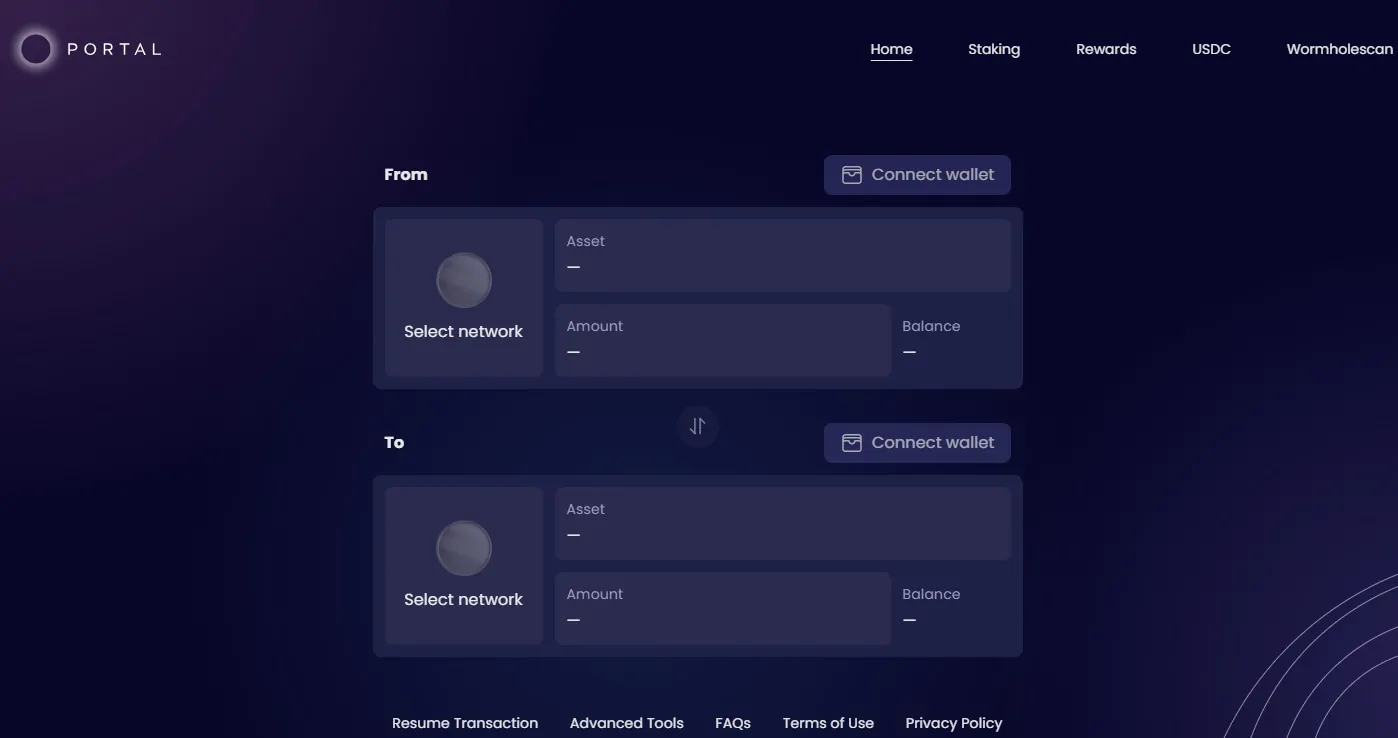
Step 2: In the Portal Bridge, first, we will select the blockchain from where we wish to bridge assets. In our case, we will be selecting “Base”.
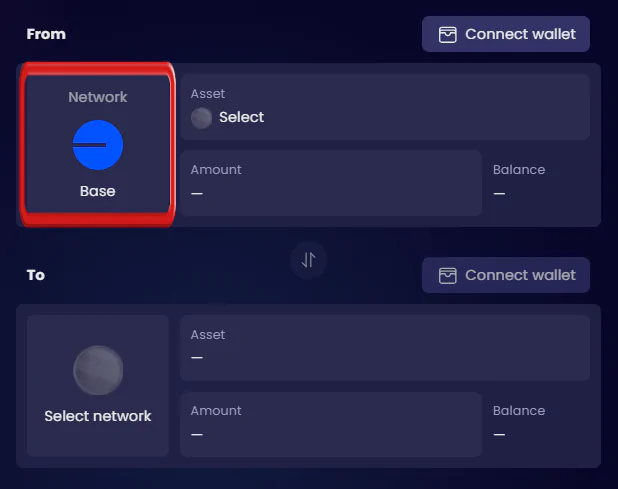
Step 3: Next, let’s connect our wallet to the Portal Bridge by clicking on “Connect Wallet”.

Note: This is the wallet where you have the Base network added and assets available in the Base network.
Step 4: Now, you need to select the token you want to bridge from the Base network and enter the amount you wish to bridge.
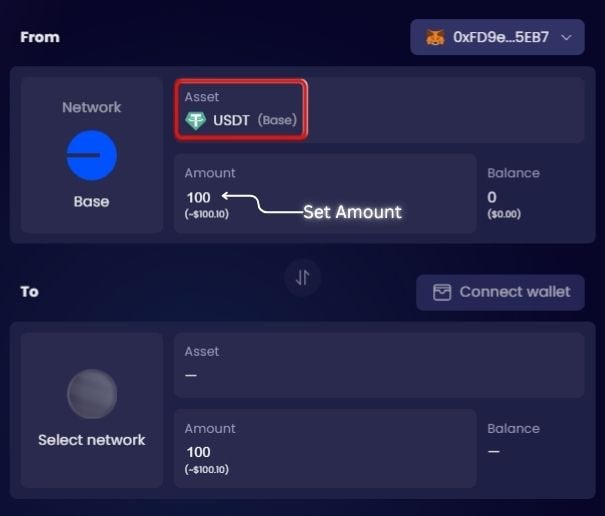
Step 5: Now, let’s select “Solana” as the blockchain to bridge to on the Portal Bridge.
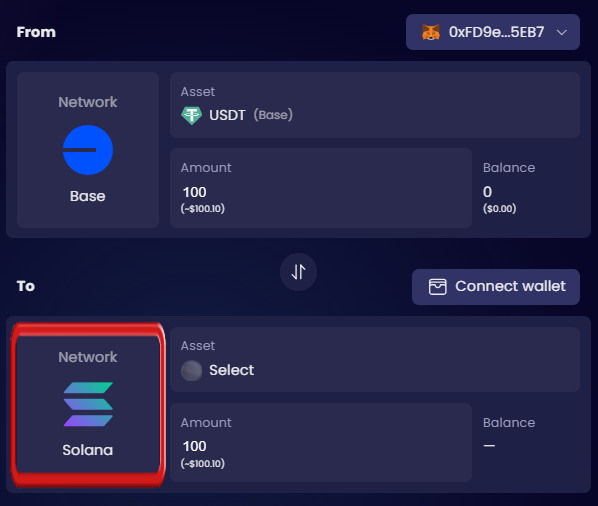
Step 6: Click on “Connect Wallet” to choose a different wallet that is compatible with the Solana blockchain.
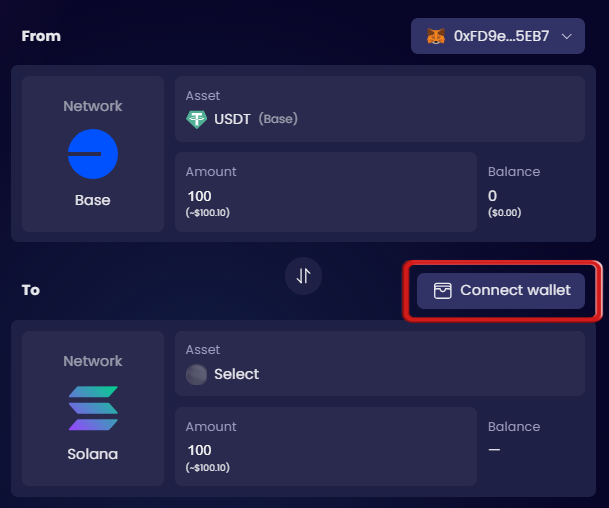
Note: Solana wallets are different because Solana is a non-EVM blockchain.
Step 7: After selecting your Solana network wallet, simply choose the token you wish to receive on the Solana network.
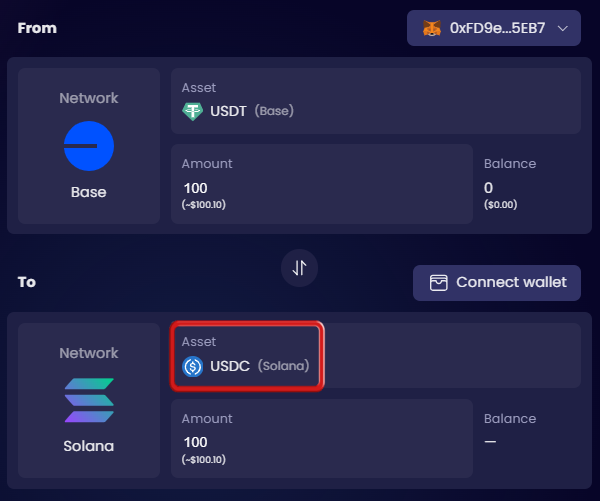
Step 8: The Portal Bridge will display the associated fees and the amount you will receive after bridging from Base to Solana.
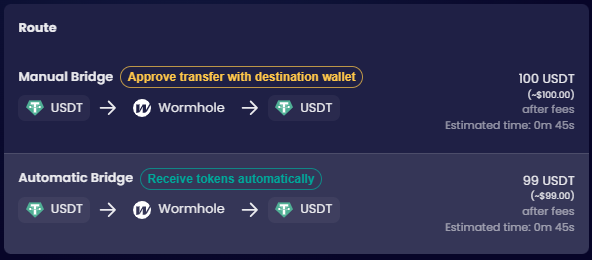
Step 9: After reviewing the details, simply proceed to bridge from Base to Solana.
You’ve successfully used the Wormhole Portal Bridge to transfer your assets from Base to Solana. The Guardian nodes on the Portal Bridge have validated the transaction, and your wrapped tokens are now available on the Solana network. You can easily swap these wrapped tokens for native Solana tokens whenever needed.
The Wormhole Portal Bridge provides notable benefits, such as reduced fees from using its direct services. However, new crypto users often face difficulties in identifying reliable and trustworthy platforms for conducting cross-chain transfers.
Using Bridge Aggregator
For bridging assets from Base to Solana, Rango Exchange is another great choice to explore. As a bridge aggregator, it offers access to a wide range of tokens and bridge options through a network of over 100 DEXs and bridges. Rango’s smart routing optimizes fees and ensures efficient transfers. With liquidity across 67+ chains and a user-friendly interface, Rango simplifies asset management without requiring KYC. It’s a reliable and efficient solution for navigating cross-chain transfers.
Step 1: The first thing you have to do is visit the Rango Exchange website.
Step 2: Next, you have to enter the Rango bridge aggregator platform. For that, click on “Launch App”.
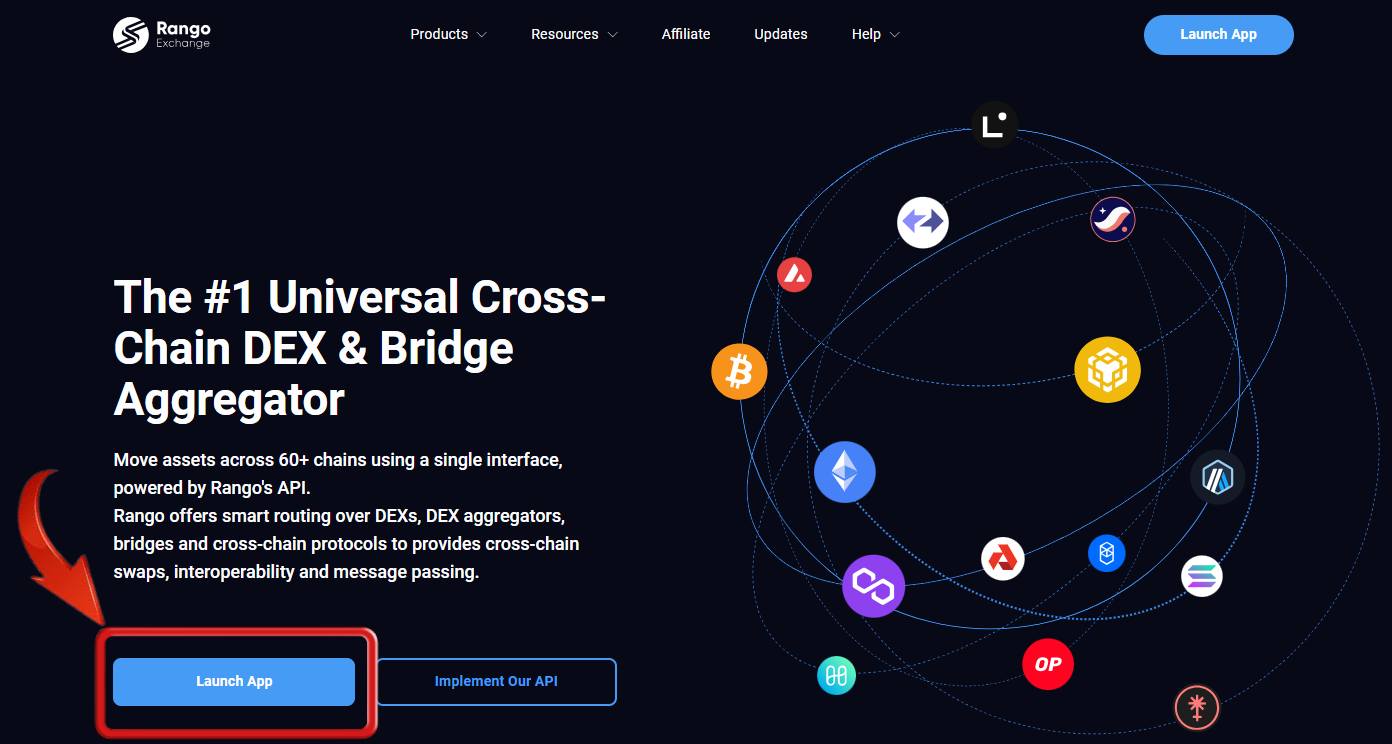
Step 3: On the Rango Bridge, we will select Base as the blockchain to bridge from and Solana as the blockchain to bridge to, along with the assets in each blockchain.
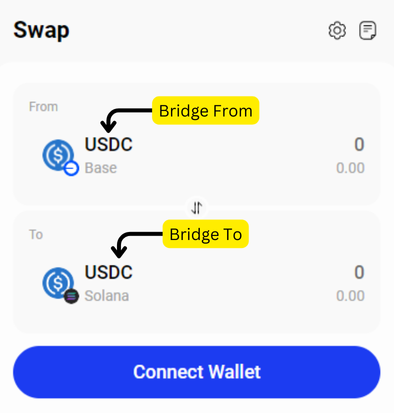
Step 4: Once you have selected the blockchain, click on the “Settings” icon to review transaction settings, such as adjusting slippage and setting the number of routes to be displayed.
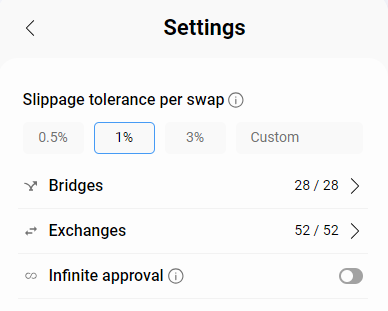
Step 5: Once you have reviewed and adjusted your transaction options, click on the “Connect Wallet” button to proceed.
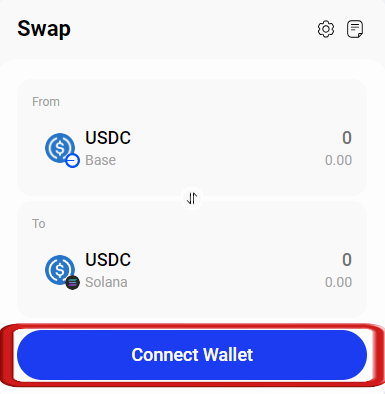
Step 6: Next, choose the wallets that are compatible with Base and Solana networks.
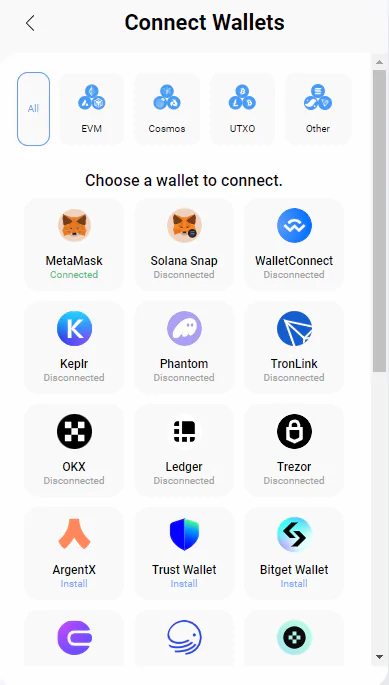
Step 7: After selecting the wallets, specify the amount you want to send to the Solana network.
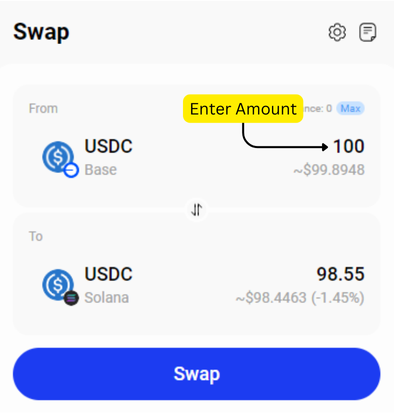
Step 8: Rango Exchange will present all potential routes for bridging, clearly marking the optimal and quickest routes among the choices.
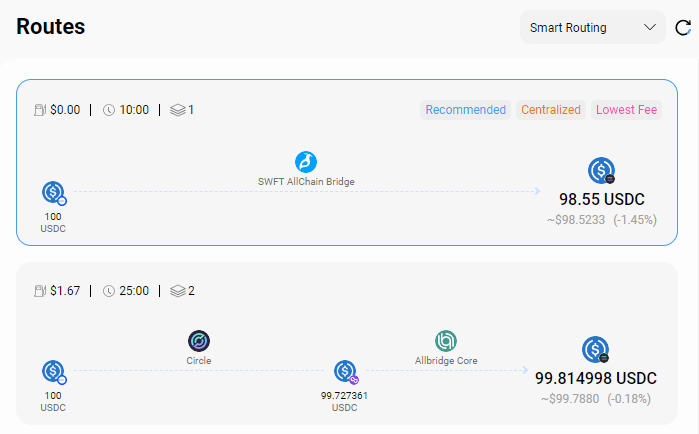
Step 9: Opt for the most suitable route for bridging your assets from Base to Solana, and then click “Swap”.
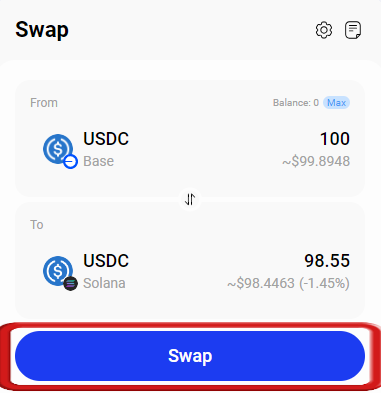
While bridge aggregators like Rango Exchange simplify cross-chain transfers from Base to Solana, managing multiple wallets can be challenging. Decentralized exchanges (DEXs) like Binance and Bybit offer a simpler alternative by allowing users to trade digital assets directly without bridging. This approach avoids the complexities and risks of wallet management and cross-chain protocols. For newcomers to decentralized finance, DEXs provide an easy-to-use platform with robust liquidity and diverse assets, streamlining digital asset management and trading.
Bottomline
When bridging assets between Base and Solana, using trusted cross-chain bridges and aggregators is key to ensuring a secure and smooth transaction. Always review fees, transaction settings, and security measures before proceeding to avoid potential risks like phishing scams or fraud.
FAQs
1. What Are the Risks of Using Cross-Chain Bridges?
Using cross-chain bridges can involve several risks, including smart contract vulnerabilities, potential for bridge hacks, and the possibility of losing funds if the bridge service goes down. It’s crucial to research and use reputable bridges with strong security measures in place. Additionally, always verify that you’re on the official website to avoid phishing scams.
2. How Can I Track the Progress of My Bridging Transaction?
After initiating a cross-chain transfer, you can typically track the transaction through the blockchain explorer associated with the originating chain (e.g., Base Explorer for Base transactions). Some bridges also provide direct tracking links or transaction IDs that you can use to monitor the status of your transfer in real-time.
3. Are There Any Alternatives to Bridging for Moving Assets Between Blockchains?
Yes, aside from bridging, you can use centralized exchanges (CEXs) like Binance or Coinbase to move assets between blockchains. This involves withdrawing your assets from one blockchain and depositing them into another through the exchange, which simplifies the process but may come with higher fees and require KYC verification.
4. How Do I Choose the Best Wallets for Cross-Chain Transactions?
When selecting wallets for cross-chain transactions, consider factors like compatibility with both blockchains, ease of use, and security features. For example, while MetaMask is ideal for EVM-compatible chains, wallets like Phantom or Solflare are better suited for non-EVM chains like Solana. Ensure that the wallet you choose supports the specific tokens and chains involved in your transaction.

